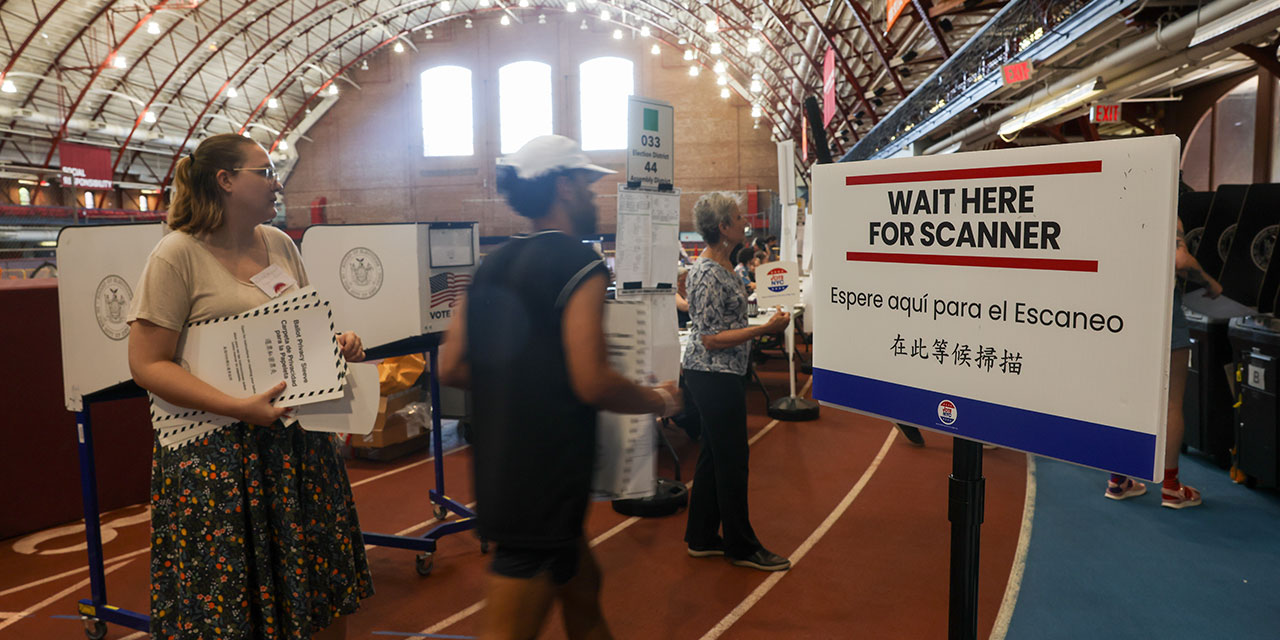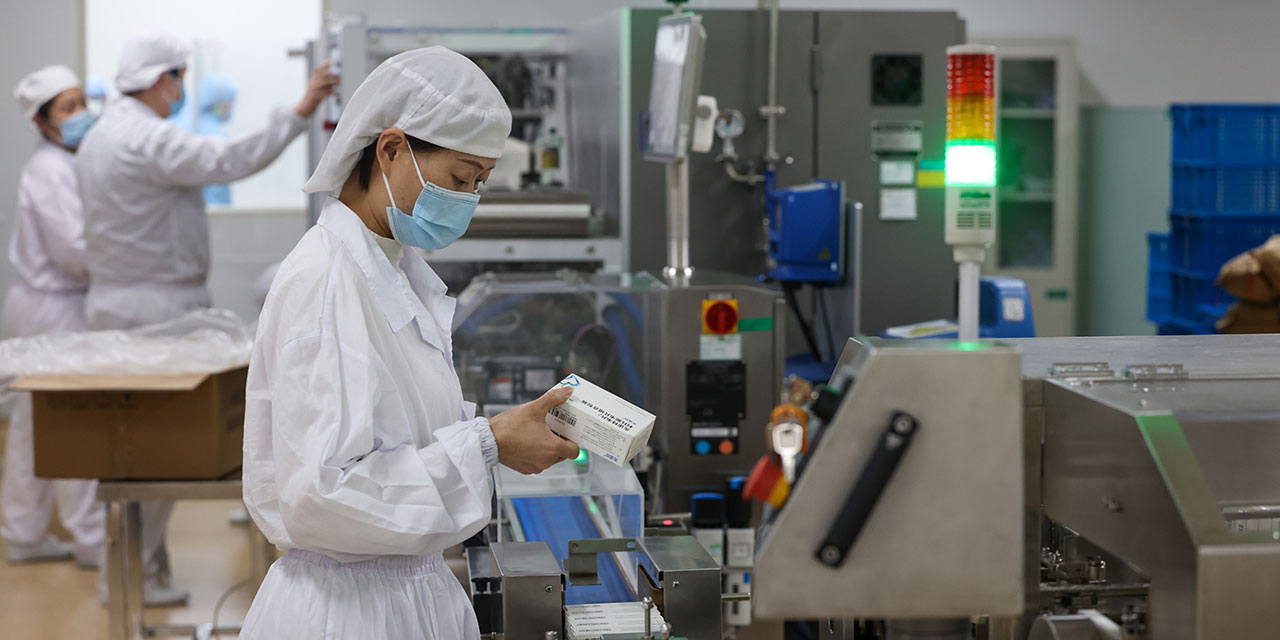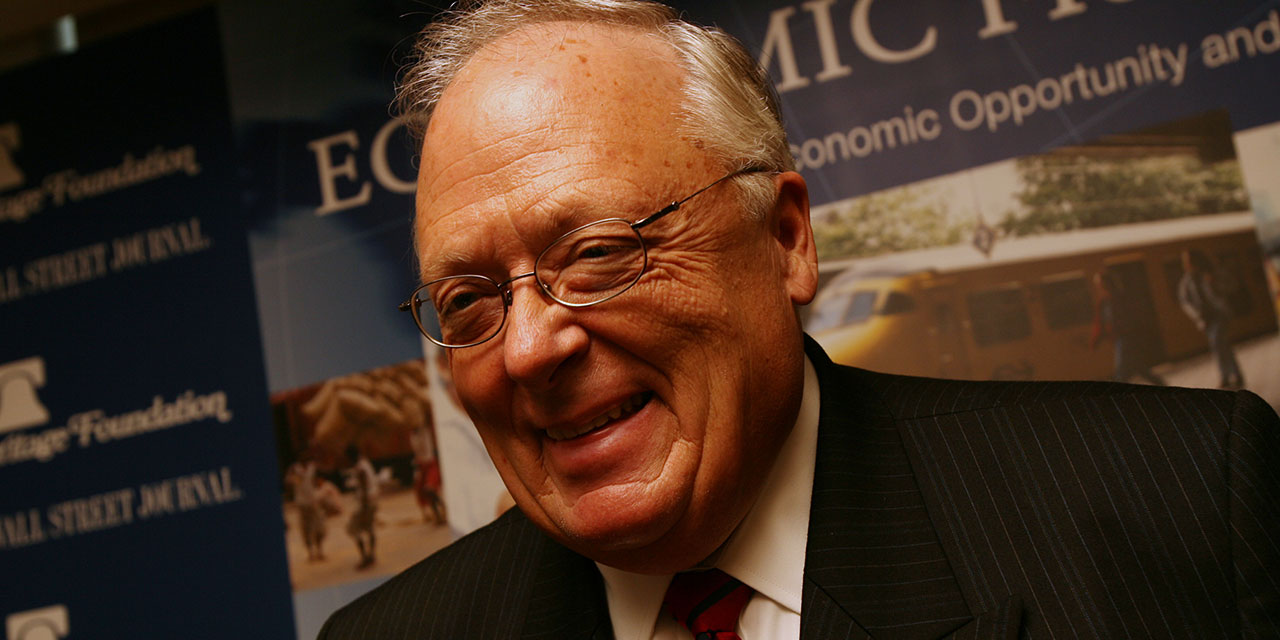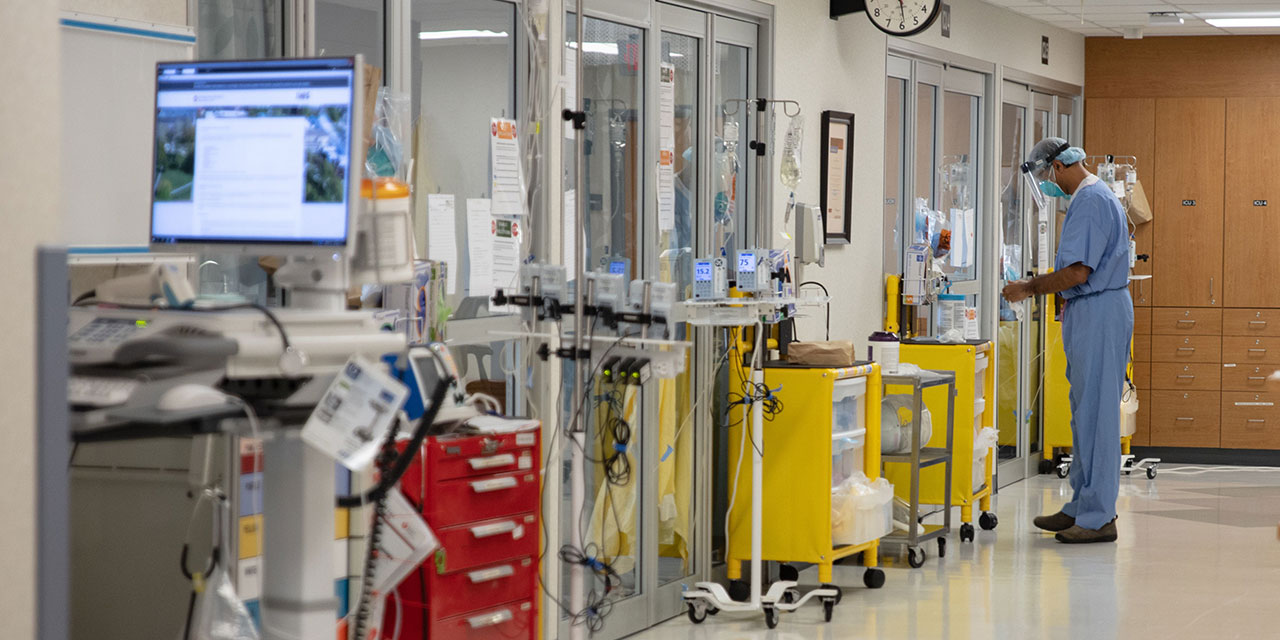It’s said that fake news is a “threat to our democracy.” Foreign agents and others, we’re told, are concocting lies and publishing them on the Internet, confusing us with slick production values or tricky language to make us believe falsehoods, and perhaps influencing how we vote. This misinformation is “packaged very well,” former president Barack Obama said, “and it looks the same when you see it on a Facebook page or you turn on your television.”
And that’s not all. Fake news threatens democracy by undermining the mainstream press, as seen in the diminishing number of consumers who trust the networks or prestige print media—according to, well, the networks and the prestige print media. The proliferation of false information from unreliable sources has eroded trust in real news, they say.
Finally, a reason to check your email.
Sign up for our free newsletter today.
But the real-world victims of fake news are hard to track down. “Pizzagate,” the rumor that the Podesta brothers were operating a sex-trafficking ring out of a Washington pizza parlor, is often cited as a leading example of the practice—but aside from inspiring the man who went to the pizzeria, fired a rifle, and searched the premises for kidnapped children, Pizzagate doesn’t seem to have had much effect. And maniacs using politics as a pretext for violence have been around a long time. In 2012, one shot up the Family Research Council, and in 2017, a Bernie Sanders loyalist opened fire on a field full of GOP congressmen playing softball. Were they inspired by false stories, or by the overheated rhetoric increasingly found even in established media outlets?
It’s unclear whether eccentric beliefs are deciding factors in how people vote, but they, too, existed a long before people could access virtually any piece of information on their telephones. What we do with that information is our prerogative in a free society; most people seem confident in what they believe or disbelieve. The concept of “fake news” as it was applied during the 2016 election is related to the argument popular with progressives that working-class voters support Republicans contrary to their own interests. If only these benighted people could understand what their interests are! They must be falling for fake news.
The most salient fact in all the commentary about fake news and the threat it supposedly poses to democracy is that no one ever cops to falling for fake news himself—the danger is always that others will. Legacy media, in particular, feel entitled to the credibility and prestige of their predecessors, as if such reputations don’t need to be proved consistently in order to be maintained. Generally speaking, people are right about the biases they perceive in media coverage. But “fake news” is a convenient scapegoat for an established news media yet to grapple with its crisis of credibility.
Did Pizzagate change your perception of the Democratic Party? Were you convinced that Donald Trump’s rise was the result of a decades-long KGB plot to steal the presidency? Did Russian-sponsored Facebook ads critical of Hillary Clinton influence you to change your vote, or stay home? Me neither. Those other people, though—they’ll believe anything.
Photo by Stephanie Keith/Getty Images




